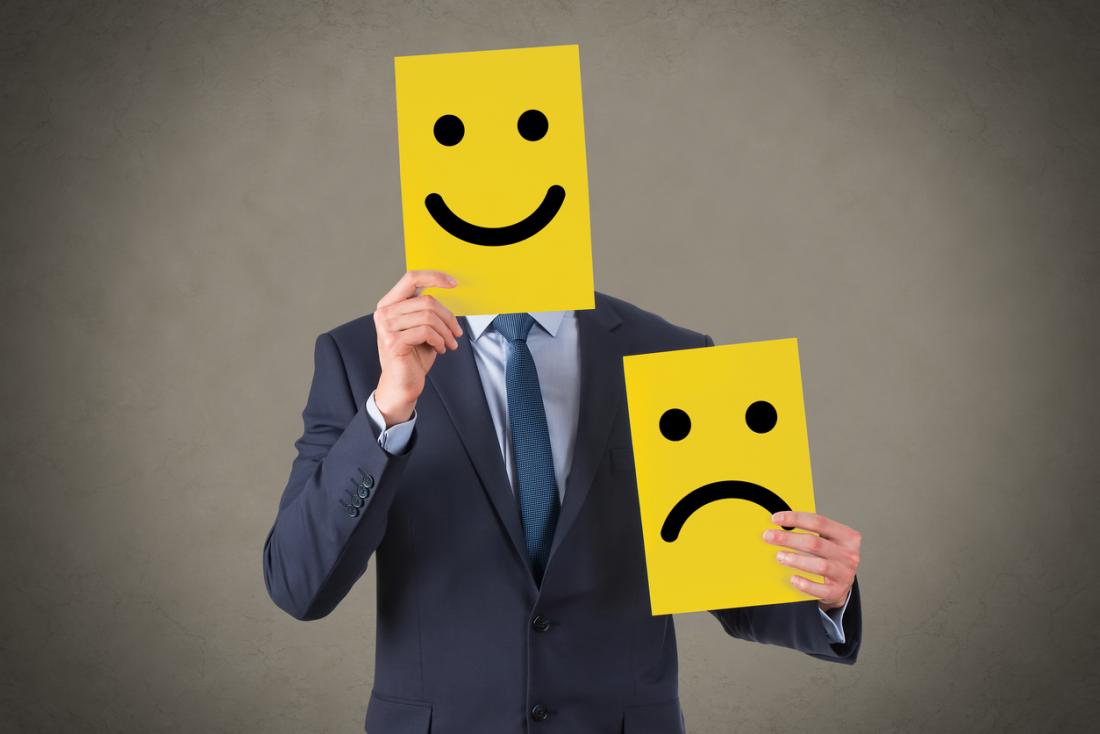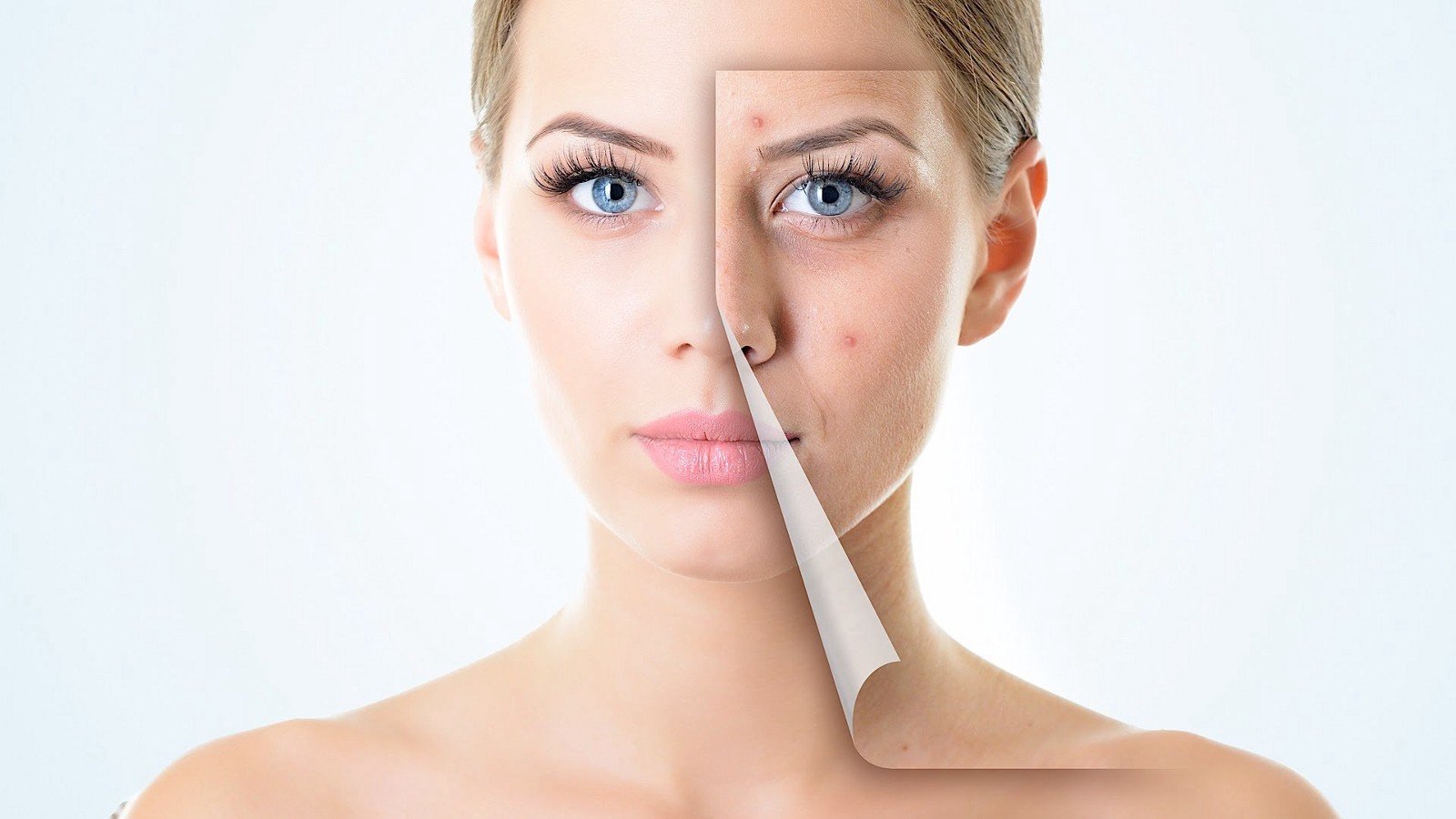We’ve all experienced sadness, but usually, our sadness does fade over time and gets better. Depression goes beyond normal sadness, it can become an all-encompassing disorder. There are different types of depression but the most common is known as Major Depressive Disorder. So let’s talk about that 7 signs that you may have depression.
Neglecting friends and hobbies
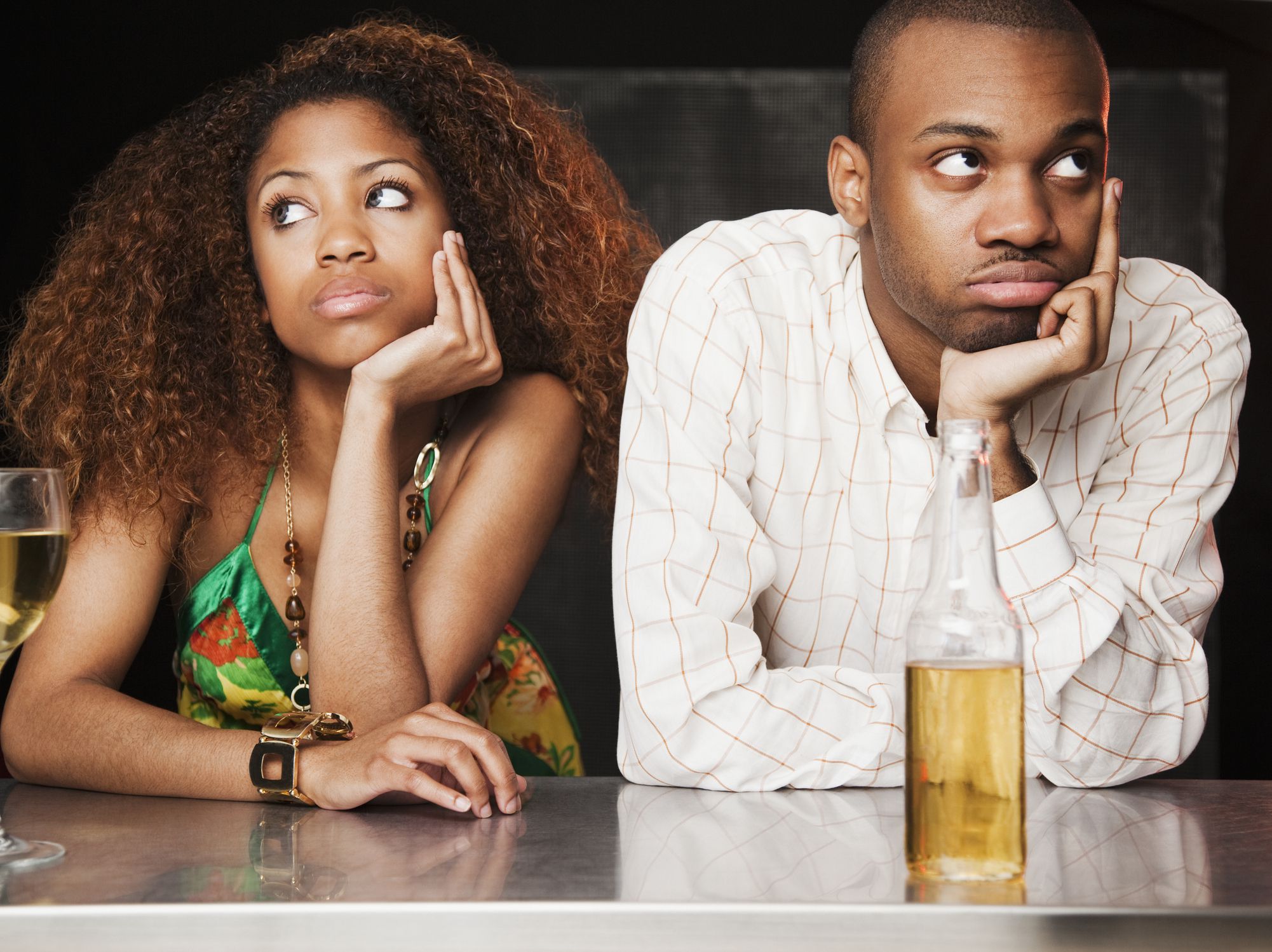
Another frustrating symptom of depression is something known as “Anhedonia”. This means the loss of pleasure from activities which would usually be fun. This leads to neglecting activities in people as they no longer give the person with depression any sense of pleasure or fun.
According to “Psychology Today” writer Faith Brynie, it is one of the most common symptoms of depression. So if your friend no longer seems interested in their hobbies like Pokemon Go, playing guitar or dancing it may be a good time to check in with them.
Changes in sleep pattern
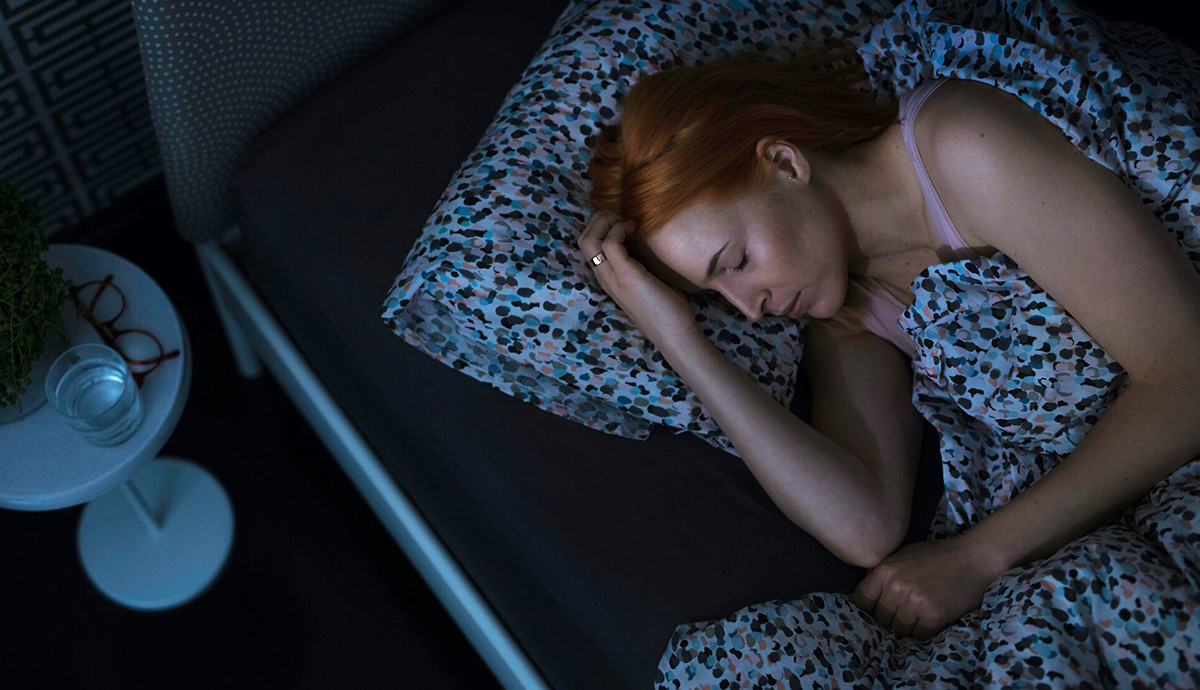
Our sleep pattern is incredibly important for our mental health, often changes to our sleep pattern are one of the signs that were suffering mentally. This is particularly an issue as an irregular sleep pattern can make depression worse.
Depression can cause insomnia, too little sleep or hypersomnia, sleeping too much. These changes in sleep pattern also tend to result in a decrease in overall energy. This symptom is very common.
Nutt Wilson and Patterson found that 75% of depressed patients reported insomnia and 40% reported hypersomnia. So if you notice a change to your sleep pattern, it might be a sign you’re depressed.
Change in appetite
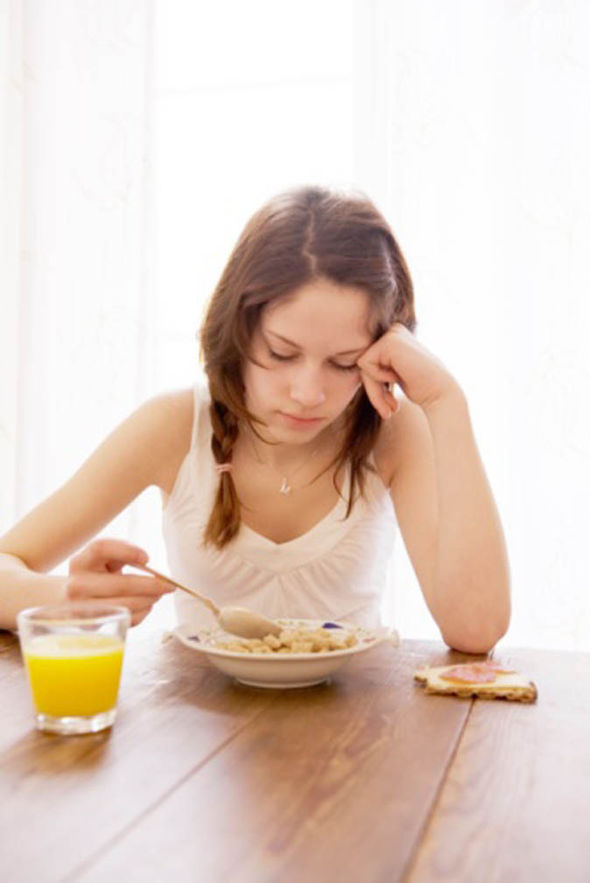
Another thing that depression can influence is our appetites. Some people with depression find their appetite is much lower, feeling unable to eat. Conversely, some people with depression have an increased appetite and may turn to food to comfort eat.
Simmons et al found that certain brain areas were involved in whether someone with depression lost or increased their appetite. So, if you notice your friends’ appetite seems to have changed drastically, that might be a sign they’re suffering from depression.
Low self-esteem
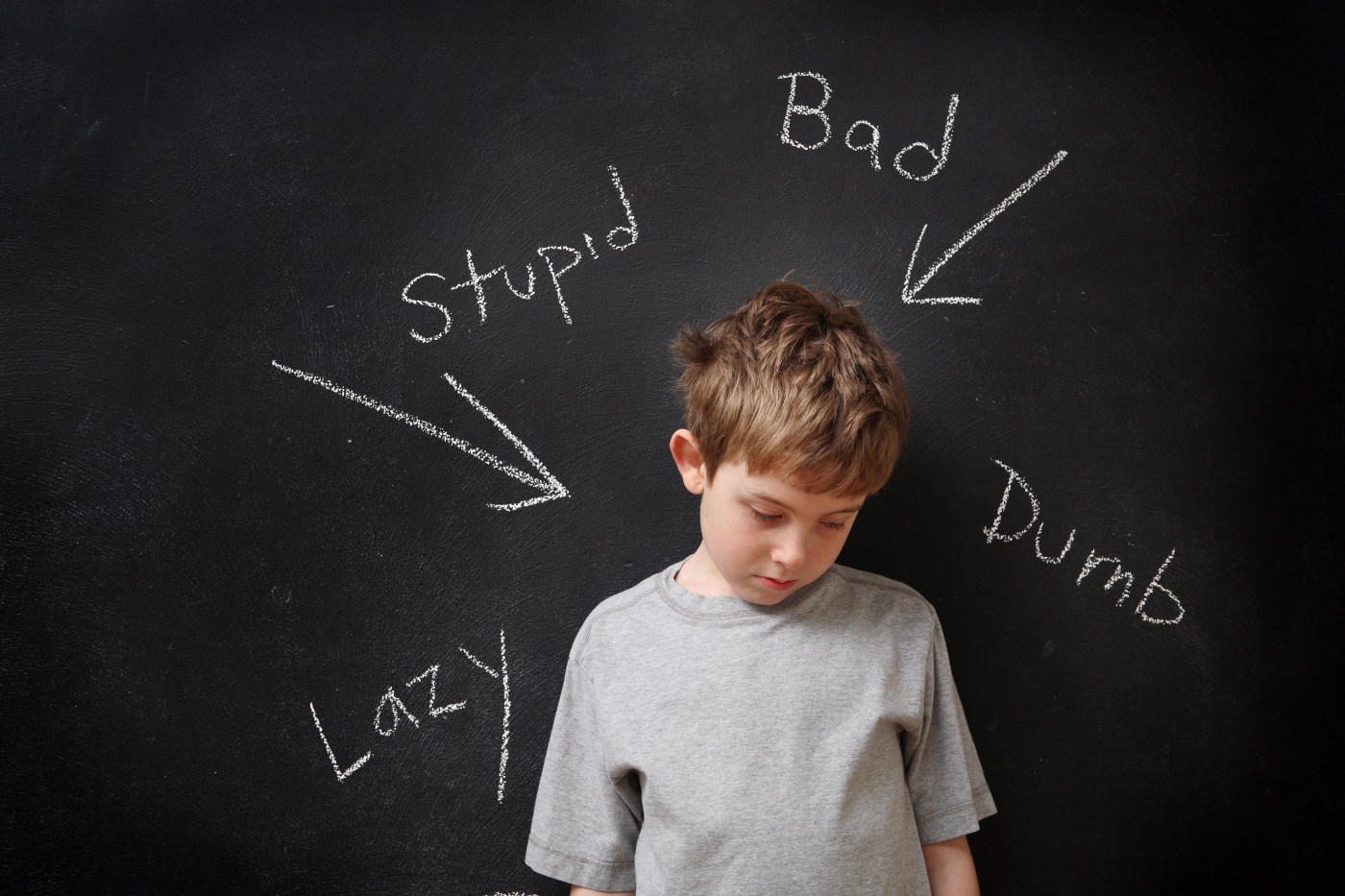
Self-esteem is something that is often majorly affected by depression. Depression can make you only see the negative things about yourself and downplay your achievements. This is a serious symptom of depression as it can lead to people feeling worthless.
It’s even been shown in studies that low self-esteem as adolescence is a risk factor for depression as an adult. If you feel like there’s nothing positive about you or you have friends who always seem to put themselves down, it could be due to depression.
Decrease in hygiene
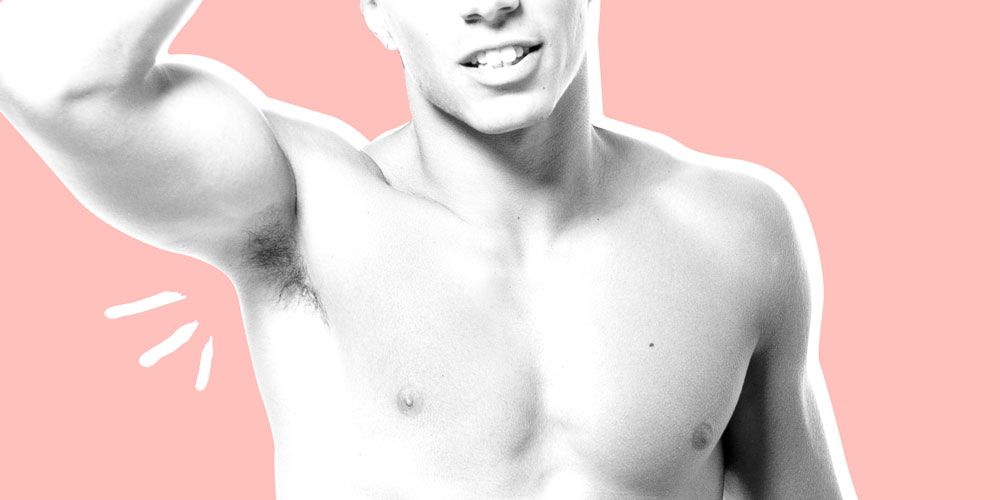
One way the lack of energy from depression can manifest is a decrease in someone’s hygiene. Often those with depression struggle to shower, clean their teeth or other self-grooming habits we take for granted. This is due to their fatigue and lack of motivation to complete tasks. So, if your friend is looking less clean and groomed it might be due to a depressive episode.
Irritability
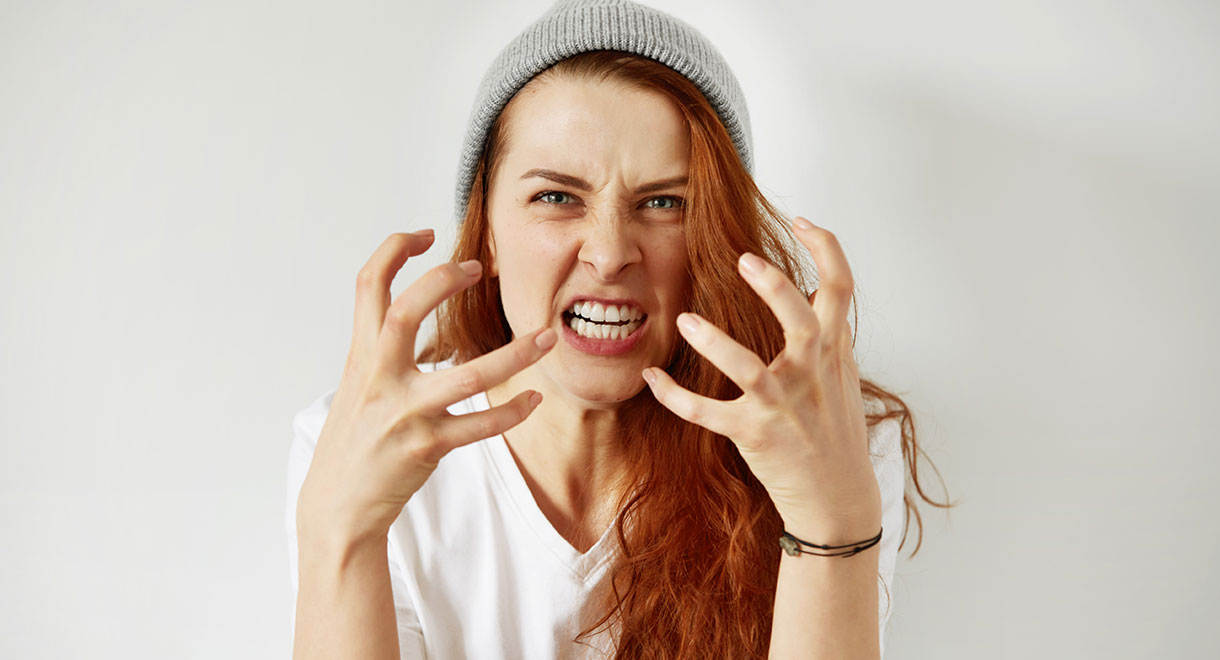
Do you ever find that everyone and everything is getting on your nerves? Do you feel like you’re tense and pent-up? Irritability is one of the symptoms of depression. When you feel so negative about everything, it can make even little things feel incredibly annoying.
Besharat et al also suggest depression causes dysfunction in mood regulation, meaning anger is more likely to be displayed. So if you notice you or a friend have a shorter fuse than usual, it might be worth looking into why that is.
Flat emotions

There is a misconception that depression is all about feeling sad all the time. This, however, isn’t the case. One other symptom of depression is known as “Flat Mood”. This is where a person’s mood is dull. Often people say they feel numb or like they can’t feel anything at all. They don’t feel sad but they also can’t feel happy either. If this feeling is something you’ve experienced, you might want to seek help as you may be suffering from depression.
What to do if you think you may be depressed
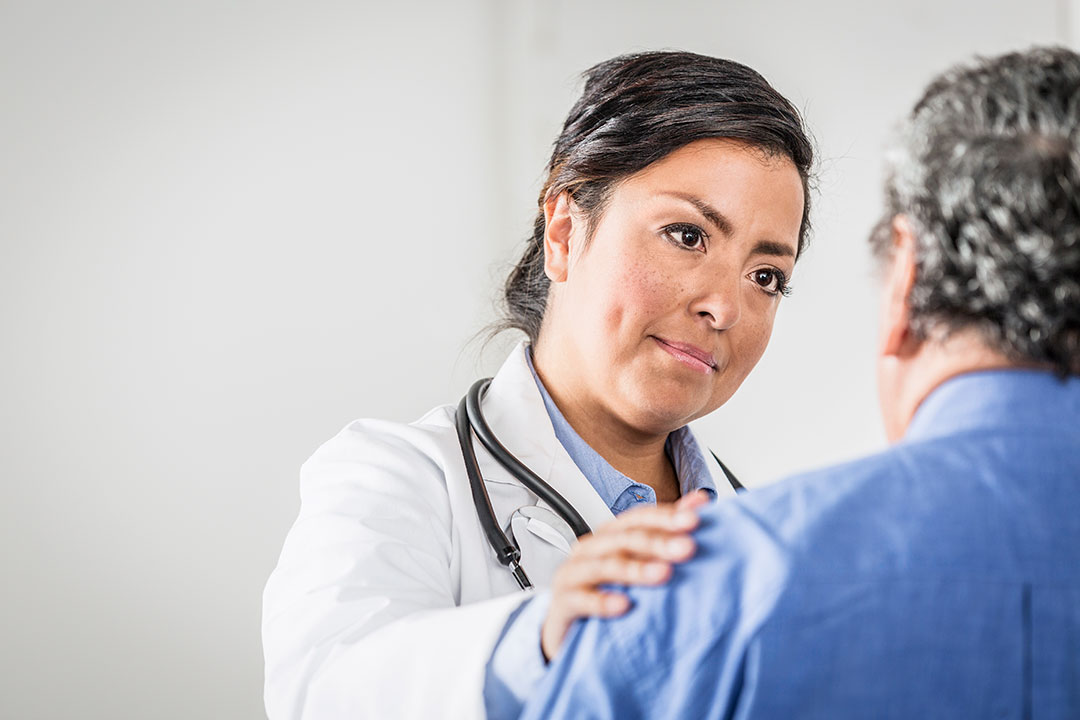
If you feel like you strongly relate to the signs in this post, you should seek professional help. A doctor will talk to you about your symptoms and may have you complete a self-report questionnaire to help diagnose you. Once your doctor suspects you have depression, they will discuss treatment options such as medication and therapy with you.


